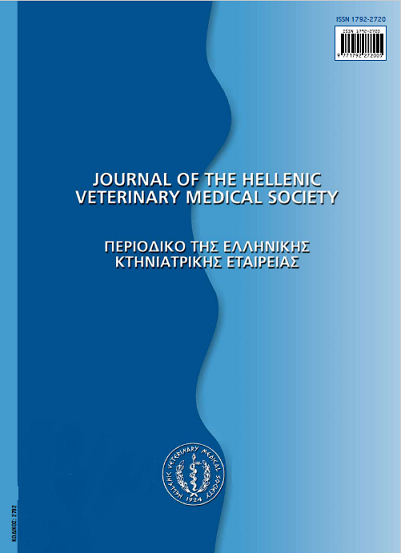Experimental biomedical research: achievements and future aims
Résumé
An invaluable amount of knowledge and enormous progress in the advancement of human health, longevity and quality of life has been achieved by biomedical research throughout the ages. Most of the achievements were accomplished by research on animals and more recently, on laboratory animals. Progress in the production of drugs, vaccines, sera, antibiotics, surgical techniques and materials, diagnostic and therapeutic methods, and many more, was reached by their safety and efficacy testing on laboratory animals, prior to their application on humans. The achievements resulting from this research are applied both in humans and in animals. Experimental biomedical research is currently conducted in animal models of human diseases, invertebrates and with alternative methods to the use of animals. Its future aims are to solve existing and emerging health threats and to increase gene therapy, with the concomitant application of the three Rs principles of animal use - replacement, reduction and refinement.
Article Details
- Comment citer
-
DONTA (Ι. ΔΟΝΤΑ) I. (2017). Experimental biomedical research: achievements and future aims. Journal of the Hellenic Veterinary Medical Society, 60(3), 206–210. https://doi.org/10.12681/jhvms.14926
- Numéro
- Vol. 60 No 3 (2009)
- Rubrique
- Special Article
Authors who publish with this journal agree to the following terms:
· Authors retain copyright and grant the journal right of first publication with the work simultaneously licensed under a Creative Commons Attribution Non-Commercial License that allows others to share the work with an acknowledgement of the work's authorship and initial publication in this journal.
· Authors are able to enter into separate, additional contractual arrangements for the non-exclusive distribution of the journal's published version of the work (e.g. post it to an institutional repository or publish it in a book), with an acknowledgement of its initial publication in this journal.
· Authors are permitted and encouraged to post their work online (preferably in institutional repositories or on their website) prior to and during the submission process, as it can lead to productive exchanges, as well as earlier and greater citation of published work.



